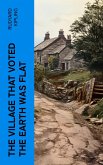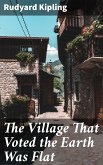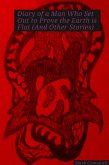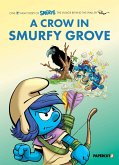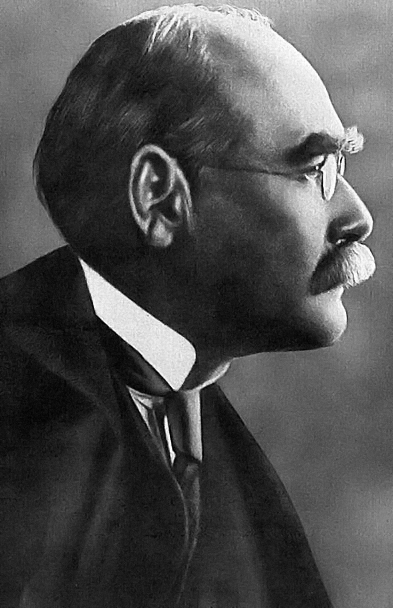In "The Village That Voted the Earth Was Flat," Rudyard Kipling weaves a captivating tale that merges sharp satire with social commentary, exploring the intricate dynamics of belief, community, and the power of collective thinking. Set in a fictional village, the narrative intricately unfolds the absurdity of a community so entrenched in its convictions that it disregards empirical truths. Kipling's prose is both incisive and humorous, showcasing his skill in blending folklore with a modern fable-like approach, reflecting the literary trends of the early 20th century, where skepticism towards prevailing dogmas was emerging. Rudyard Kipling, renowned for his intricate storytelling and deep understanding of colonial and post-colonial themes, drew upon his experiences in British India and the complexities of cultural encounters. His work often reflects a nuanced grasp of human nature and societal shortcomings, and in this piece, he critiques the stubbornness of ignorance against the backdrop of Enlightenment values. It is this keen observation of human behavior that propelled Kipling to craft a narrative exposing the perils of blindly following consensus. Readers will find "The Village That Voted the Earth Was Flat" a thought-provoking exploration of truth and belief, relevant in today's climate of misinformation and echo chambers. Kipling's masterful blend of wit and wisdom invites readers to reflect on the dangerous allure of conformity, making it an essential read for those interested in literature that challenges societal norms.
Dieser Download kann aus rechtlichen Gründen nur mit Rechnungsadresse in A, B, BG, CY, CZ, D, DK, EW, E, FIN, F, GR, H, IRL, I, LT, L, LR, M, NL, PL, P, R, S, SLO, SK ausgeliefert werden.



